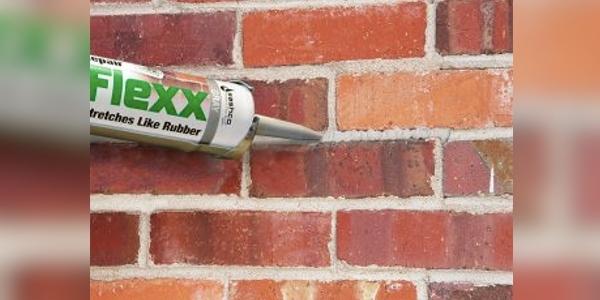Smart ways to save on roof replacements
April 13, 2025 at 6:00 a.m.By Mohammed Abdalla, Good Faith Energy.
How to navigate deductibles and still protect your home without breaking the bank.
When storms strike and shingles get damaged, homeowners start searching for ways to replace their roofs without draining their bank accounts. But is it really possible to get a new roof without paying the deductible? The answer might surprise you – and could save you from falling into costly legal traps. Before you sign on the dotted line, here’s what Good Faith Energy believes you need to know about navigating roof replacements and insurance claims the right way.
When does insurance pay for a new roof?
Typically, home insurance covers roof replacements if the damage results from an act of nature (storms, falling trees, heavy rain or other extreme weather conditions). Unfortunately, if you need to change your roof due to wear and tear, you most likely won’t be able to pay for it through insurance.
What is a deductible?
A deductible is a part of almost any insurance policy. Simply put, it’s the amount of money you’ll have to pay before insurance covers your roof replacement or begins work on your claim. Although the deductible is much less than what you’d have to pay for your roof without insurance, it can still be a lot. Thankfully, there are ways you can make it less painful.
Talk to your insurance company
Before you start the process, you should carefully review your homeowner’s insurance policy. See what kind of damage is covered and the steps involved in filing the claim. Once you’ve done that, get in touch with your insurance company. Make sure to explain what kind of roof damage you have and don’t forget to send them any existing documentation. In some cases, you might be able to negotiate a better settlement.
Check whether additional coverage is available
As you go through your policy, check whether any additional coverages might be relevant to you. For example, some insurers have ‘hail’ or ‘windstorm’ coverage that usually provides supplemental payments.
Get legal assistance
Dealing with insurance can be an overwhelming process. There are so many details to consider! If you’re unsure how to navigate the situation, consider getting legal assistance. Working with a professional will give you peace of mind, knowing that someone is advocating for your rights. Plus, you’ll know you’re getting the maximum compensation.
Research your financing options
If you don’t currently have the finances to pay the deductible, there are several options that can help in this situation. One of the solutions is a home equity loan or line of credit (this allows you to borrow against the equity you have built up in your home).
Another option is to get a personal loan from a bank or a credit union. Since a deductible requires a relatively small loan, you could probably find one with a low-interest rate. Still, make sure to compare at least a couple of different offerings to get the best deal.
Those who own a single-family home may also qualify for an FHA Title I loan, which is funded through the Department of Housing and Urban Development.
Don’t allow your contractor to take care of it
Does your roofing contractor offer to pay the deductible? Sounds tempting, doesn’t it? But when something seems too good to be true, it likely is. Having your contractor cover the deductible is actually illegal and considered insurance fraud. So, as great as it sounds initially, you should never do this. When dealing with insurance, it’s even more important to work with reputable professionals.
Recap: How to get a new roof without paying a deductible
Unfortunately, in most cases, it’s impossible to avoid paying the deductible. However, there are many solutions, including financing options, available that can make the payment less daunting and minimize your out-of-pocket expenses.
If you want to ensure your insurance claims are handled expertly, it’s important to partner with a professional roofing contractor.
Original article and photo source: Good Faith Energy
Have a question? AskARoofer.
Find your local roofing contractor in the RoofersCoffeeShop® Contractor Directory.










Comments
Leave a Reply
Have an account? Login to leave a comment!
Sign In